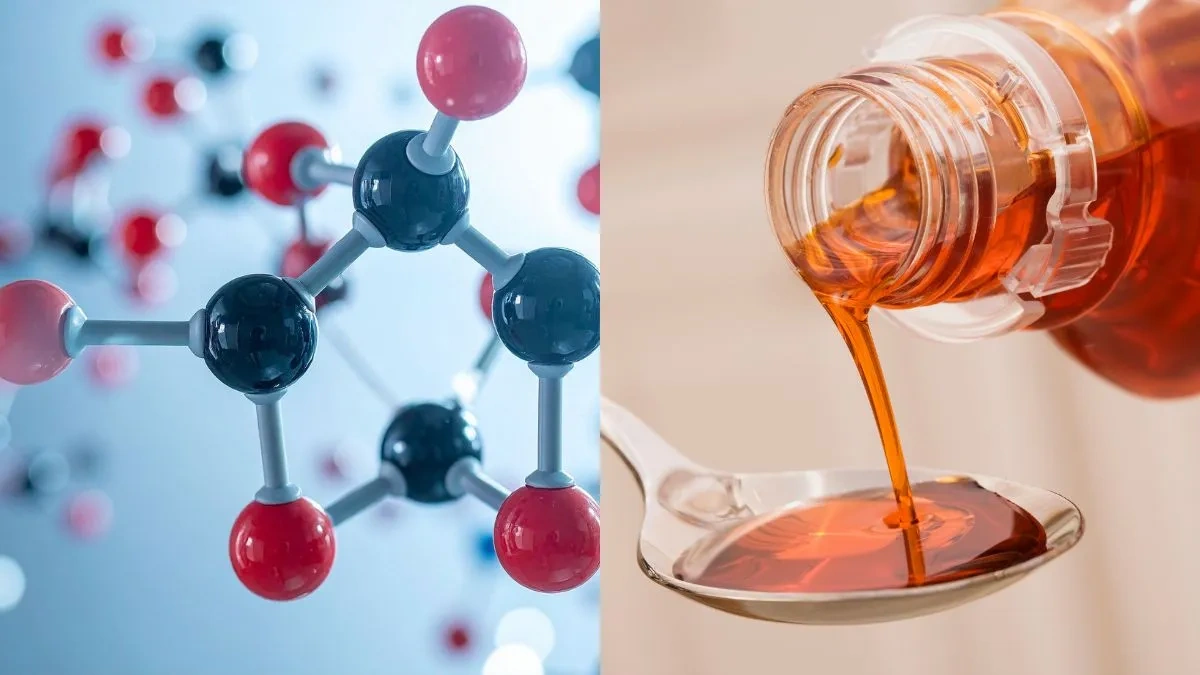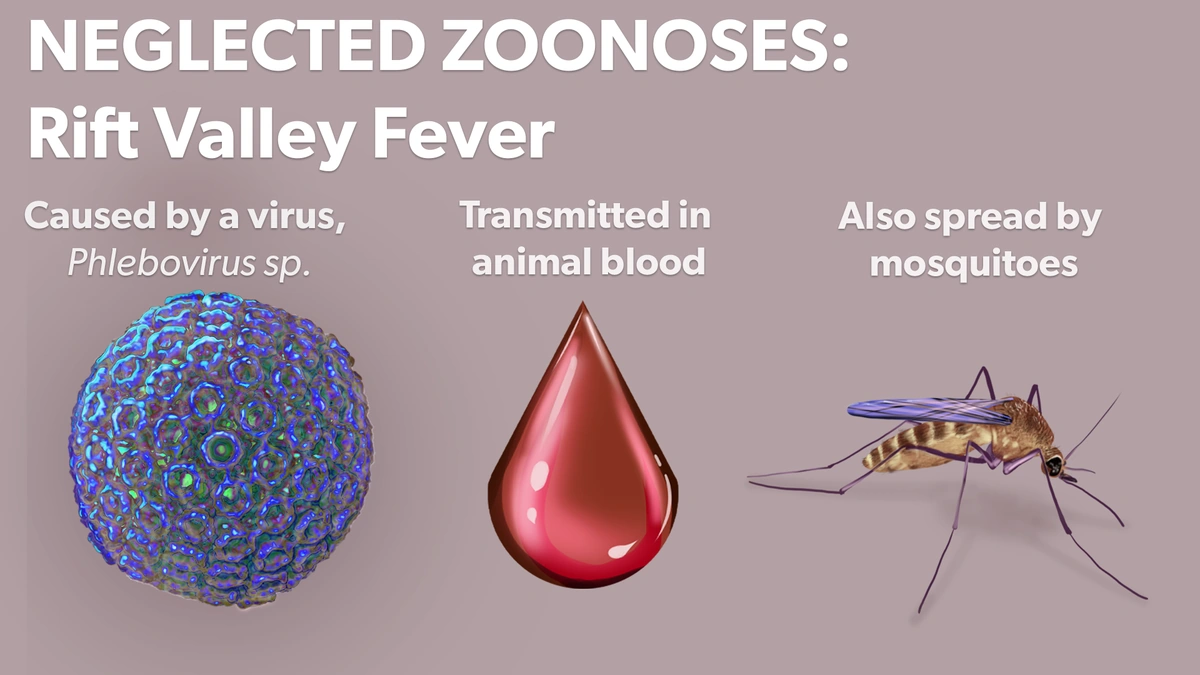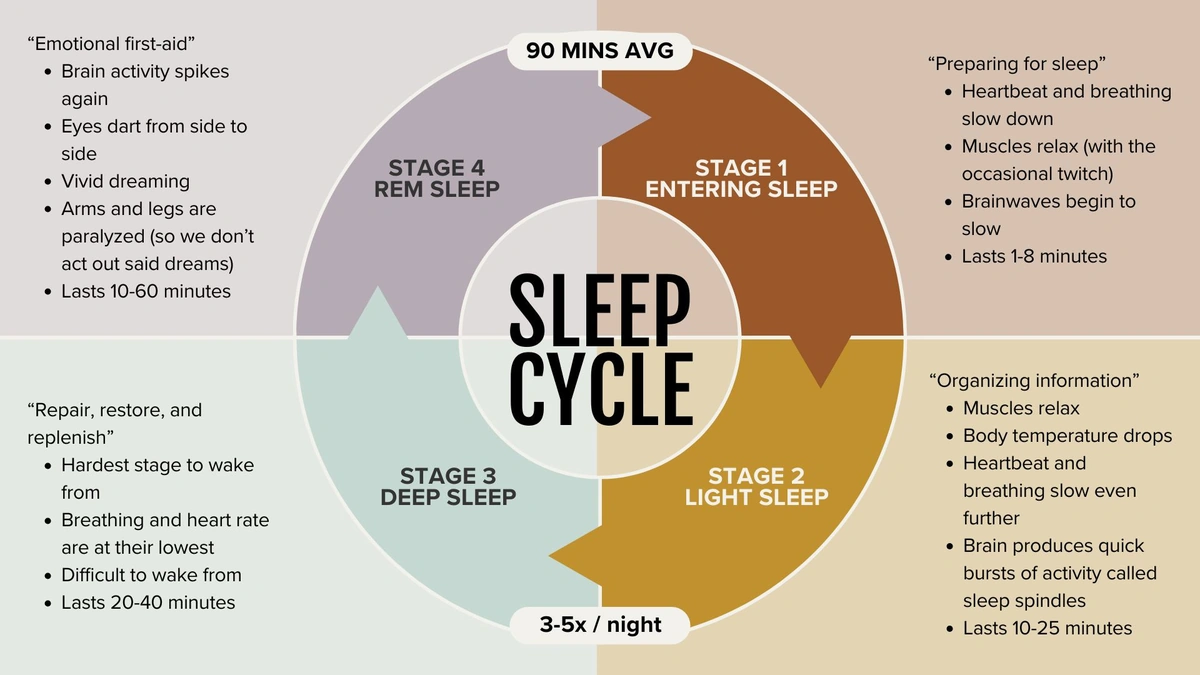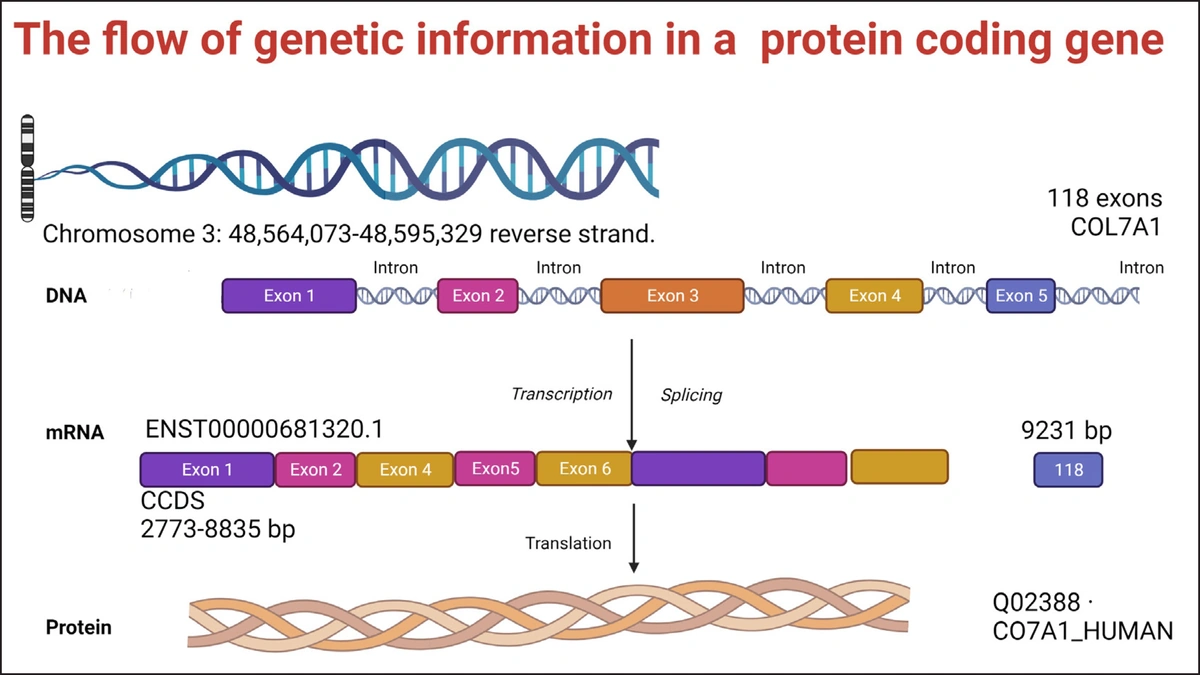Diethylene Glycol | The Hidden Danger You Need to Know About
Ever heard of diethylene glycol ? Probably not, right? But here’s the thing: it’s a chemical that’s been linked to some pretty serious health scares, especially when it pops up where it shouldn’t – like in our medicines. This isn’t just some abstract science lesson; it’s about keeping you and your family safe. Let’s dive in and understand what’s going on.
What Exactly is Diethylene Glycol (DEG)?
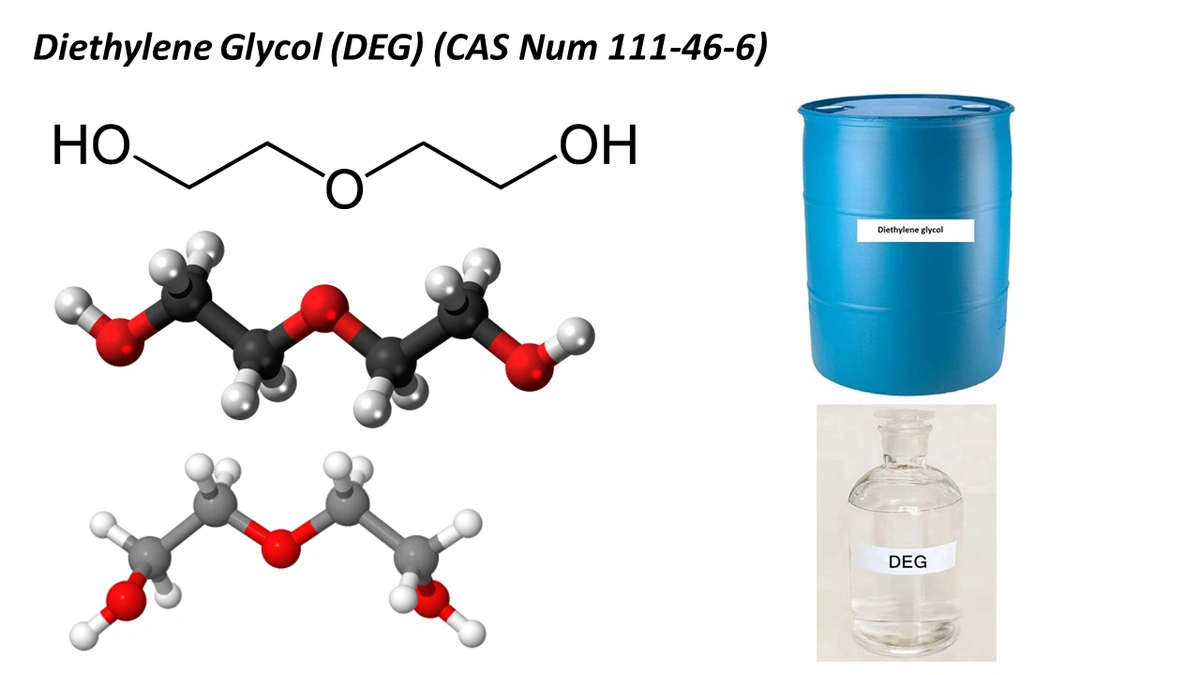
Okay, let’s break it down. Diethylene glycol (DEG) is an organic compound. Technically, it’s an alcohol, and it’s primarily used in industrial applications. Think antifreeze, brake fluid, and as a solvent. Not exactly something you’d want to ingest, and definitely not something that should be in your cough syrup. It’s similar to ethylene glycol, which is infamously toxic – that’s why accidental or intentional substitution can have devastating consequences. What fascinates me is how easily these mix-ups can happen, highlighting the need for incredibly stringent quality control.
The Real Danger | DEG in Medications
The big problem arises when diethylene glycol contamination finds its way into pharmaceutical products. This has happened more often than we’d like to admit, leading to mass poisonings and, tragically, deaths. Think about cough syrups, pain relievers, and other liquid medications, particularly those produced in regions with less rigorous oversight. It’s a cost-cutting measure gone horribly wrong – substituting a cheaper, toxic alternative for a safer, more expensive solvent likeglycerin . And the effects? Well, they’re downright scary. Acute kidney failure is a primary concern, along with neurological damage.Pharmaceutical companiesneed to be held accountable.
Why Does This Keep Happening? (The Analyst’s Perspective)
Here’s where things get interesting. Why does this keep happening? It’s not just about negligence (though that certainly plays a role). It’s a complex interplay of factors:
- Economic pressures: The pharmaceutical industry, especially generic drug manufacturing, is incredibly competitive. Cutting costs becomes paramount, and sometimes, corners are cut that shouldn’t be.
- Supply chain vulnerabilities: The global pharmaceutical supply chain is incredibly complex, with ingredients sourced from all over the world. This makes it difficult to track and verify the quality of every component.
- Regulatory gaps: While many countries have robust pharmaceutical regulations, others lack the resources or political will to enforce them effectively. This creates opportunities for unscrupulous manufacturers to get away with substandard practices.
What fascinates me is the sheer scale of the problem – it requires a multi-pronged approach involving stricter regulations, supply chain transparency, and global cooperation.
Protecting Yourself and Your Family
So, what can you do to protect yourself and your family? You might feel helpless, but there are steps you can take:
- Be vigilant: Pay attention to product recalls and safety alerts issued by regulatory agencies like the Drug Controller General of India (DCGI).
- Buy from reputable sources: Stick to well-known pharmacies and brands you trust. Avoid purchasing medications from unverified online sources.
- Check the packaging: Look for signs of tampering or inconsistencies in the labeling. If something seems off, don’t use the product.
- Consult your doctor: If you have any concerns about the safety of a medication, talk to your doctor or pharmacist.
A common mistake I see people make is assuming that if a product is on the shelf, it’s automatically safe. But with global medicine safety at stake, we need to be proactive and informed consumers. Other common medicinescan have similar dangers.
The Future of Pharmaceutical Safety in India
The good news is that there’s growing awareness of the dangers of contaminated medications , and efforts are underway to strengthen pharmaceutical safety in India. The government is working to improve regulatory oversight, enhance quality control measures, and increase transparency in the supply chain. But, and this is a big but, these efforts will only be effective if they are implemented rigorously and consistently. We need a culture of accountability within the pharmaceutical industry, where patient safety is prioritized above all else.
But there are real solutions, as well. Increased scrutiny, third-party testing, and a willingness to be transparent with the public are all solid starting points. It requires a collaborative effort between regulatory agencies, pharmaceutical companies, and consumers.
FAQ About Diethylene Glycol
What are the symptoms of diethylene glycol poisoning?
Symptoms can include nausea, vomiting, abdominal pain, kidney failure, neurological problems, and in severe cases, death. Seek immediate medical attention if you suspect poisoning.
Where is diethylene glycol commonly found?
It’s used in antifreeze, brake fluid, solvents, and can be a contaminant in some medications, especially syrups.
How can I avoid diethylene glycol poisoning?
Buy medications from reputable sources, check for recalls, and consult your doctor if you have concerns.
What should I do if I suspect a medication is contaminated?
Stop using it immediately and report it to your local drug regulatory authority.
Is DEG toxicity always fatal?
Not always, but it can be. The severity depends on the amount ingested and the speed of treatment. Early intervention is crucial.
What DEG regulations are currently in place?
Regulations vary by country, but generally aim to prevent DEG contamination in medications and food products. These laws establish allowable limits for DEG concentration.
So, that’s the lowdown on medicine adulteration , DEG risks , and what it means for you. It’s a complex issue, but by staying informed and vigilant, you can protect yourself and your family. What I’ve realized is that even something as seemingly obscure as a chemical compound can have a profound impact on our lives. Stay safe out there!
